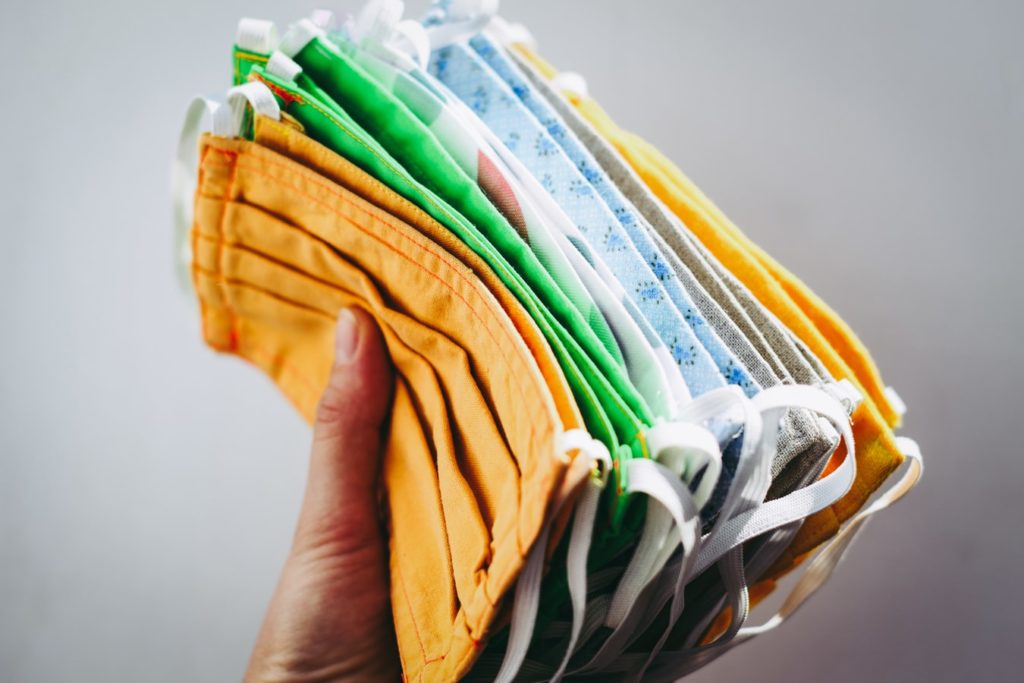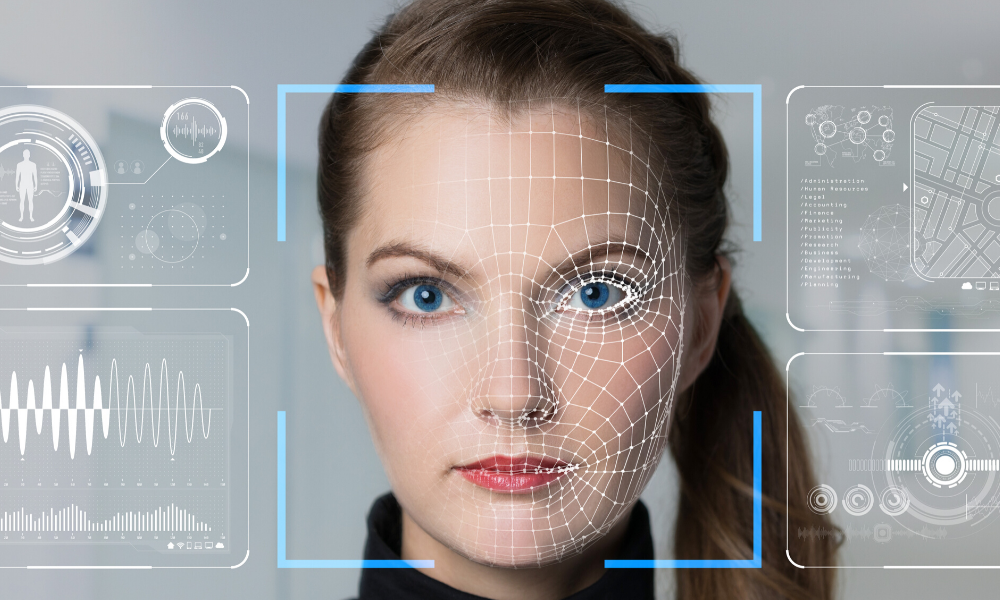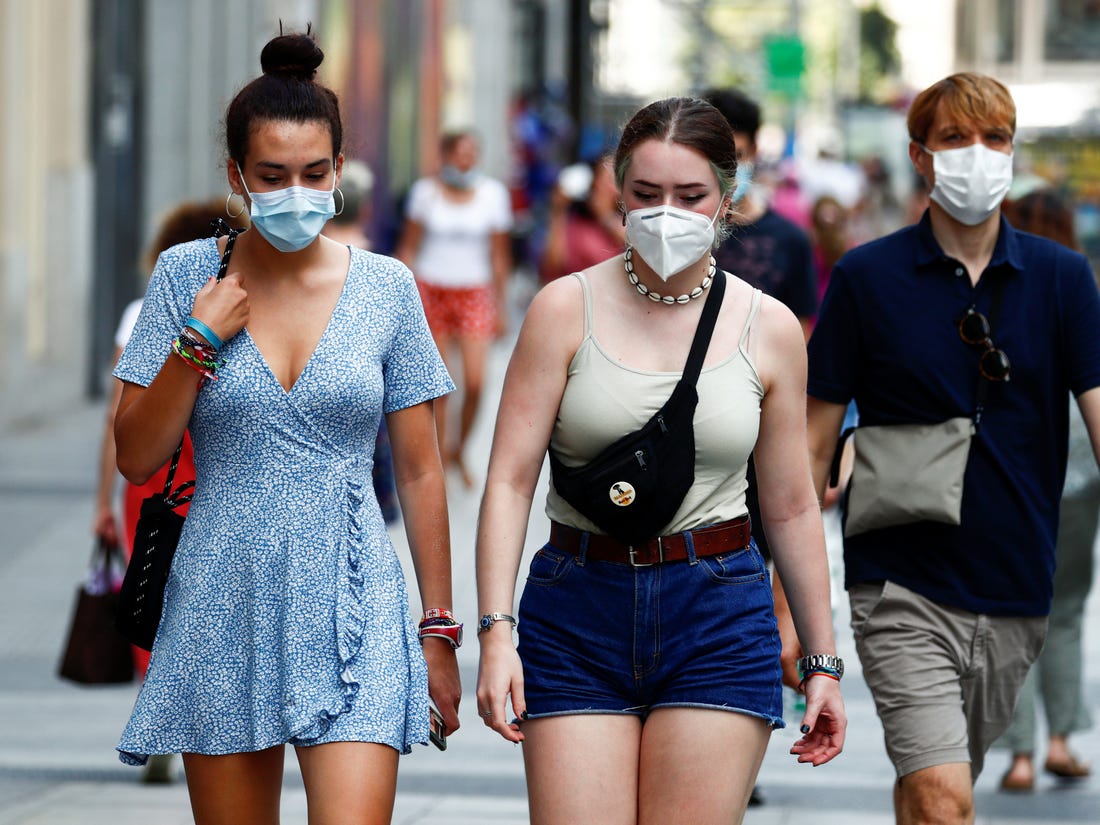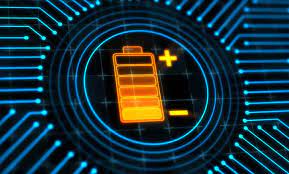Facial Recognition-
A study of 65 face recognition algorithms on masked photos found they were as good as the top performers in 2017 with no masks.
The following written content by Alfred Ng
Scientists agree that face masks are here to stay, and research finds that facial recognition technology is starting to catch up. Since the start of the pandemic, facial recognition providers have been working to get around the coverings, and they’ve gotten marginally better, results from a US government study shows.

The US National Institute of Standards and Technology, or NIST, is considered the leading authority on facial recognition accuracy rates, and it’s been conducting a series of studies on how face masks affect the technology since May 1.
The initial results, published in July and August, showed that masks were thwarting facial recognition algorithms and increasing error rates by up to 99% in some cases. The error rates increased for every algorithm once researchers added masks to the test photos, even for facial recognition that was designed specifically for the coverings.
The latest results, published Tuesday, show that facial recognition has gotten significantly better at making one-to-one matches, even when people are wearing masks. The study looked at 65 algorithms submitted after face masks became required in several countries and tested on 6.2 million photos.

The error rates are still higher once a mask is factored in — jumping from 0.3% without masks to about 5% with masks. Still, the NIST study said there was a “notable reduction in error rates” compared to algorithms submitted before the pandemic.
In some cases, face recognition algorithms became 10 times better at making matches than their pre-pandemic versions, the study found.
“The current performance of face recognition with face masks is comparable to the state-of-the-art on unmasked images in mid-2017,” the study found.
Face recognition providers have been training their algorithms to detect identities despite masks using social media photos of people in masks, digitally adding masks to photos, asking their own staffers to send in masked images and buying photo sets. Read more from Cnet.
Follow other related news stories from News Without Politics
Subscribe to News Without Politics





